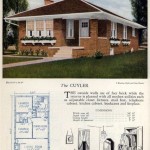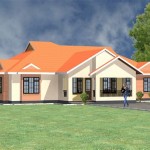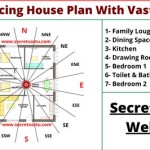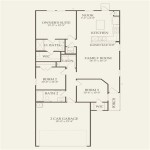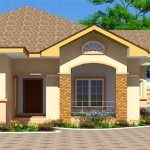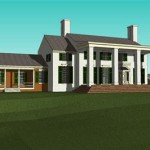Essential Aspects of Lowcountry House Plans With Basement
Lowcountry house plans with basement are becoming increasingly popular due to their ability to provide additional living space, storage, and protection from the elements. However, there are several essential aspects to consider when designing and building a home with a basement in the Lowcountry.
1. Flood Zone and Elevation
The Lowcountry is prone to flooding, so it is crucial to determine the flood zone and elevation of your property before starting construction. This will help you determine the minimum elevation for your basement floor and the type of foundation system required.
2. Soil Conditions
The soil conditions in the Lowcountry can vary significantly. It is essential to have a soil test performed to determine the type of soil and its suitability for a basement. Expansive soils, for example, can cause significant foundation problems if not properly addressed.
3. Drainage and Waterproofing
Proper drainage and waterproofing are essential to prevent water damage in your basement. This includes installing gutters, downspouts, and a sump pump to remove excess water from the foundation and surrounding area. The basement walls and floor should also be sealed with a waterproof membrane.
4. Ventilation and Humidity Control
Basements can be prone to moisture and humidity, which can lead to mold and mildew growth. It is important to provide adequate ventilation by installing windows, vents, or a dehumidifier to control humidity levels.
5. Egress and Safety
Building codes require all basements to have at least one egress window or door for emergencies. These openings must be large enough to allow for safe and quick escape in the event of a fire or other emergency.
6. Natural Lighting
Basements can often be dark and dreary, so it is important to incorporate natural lighting into your design. This can be achieved by installing windows, skylights, or using reflective materials to bounce light around the room.
7. Energy Efficiency
Basements can lose heat more quickly than other parts of the house, so it is important to make them energy efficient. This includes insulating the walls, floor, and ceiling, as well as sealing any air leaks.
8. Customization and Flexibility
Lowcountry house plans with basement offer a great deal of customization and flexibility. You can choose from a variety of floor plans and styles to create a basement that meets your specific needs and preferences. The basement can be used for a variety of purposes, such as a family room, guest bedroom, home office, or workshop.
By considering these essential aspects, you can create a Lowcountry house plan with a basement that is safe, comfortable, and functional.
William E Poole Designs Low Country Cottage Inc

Low Country House Plans Floor

Plan 60028rc Spacious Low Country Home Homes Plans House

Low Country House Plans Floor

Country House Plan 3 Bedrms 2 Baths 1472 Sq Ft 153 1899

Country Style House Plan 4 Beds 5 Baths 5274 Sq Ft 928 12 Dreamhomesource Com

Low Country House Plan With Elevator 9140gu Architectural Designs Plans
:max_bytes(150000):strip_icc()/SL-2000-house-plan-bab28f01b8cb447dbeef2377266ad151.jpg?strip=all)
20 Farmhouse Plans That You Ll Want To Call Home

Vanderbilt Lowcountry Home Plan 024s 0021 House Plans And More

Soothing Lowcountry Farmhouse House Plan


